


A research team has created a quantum logic gate that uses fewer qubits by encoding them with the powerful GKP error-correction code. By entangling quantum vibrations...
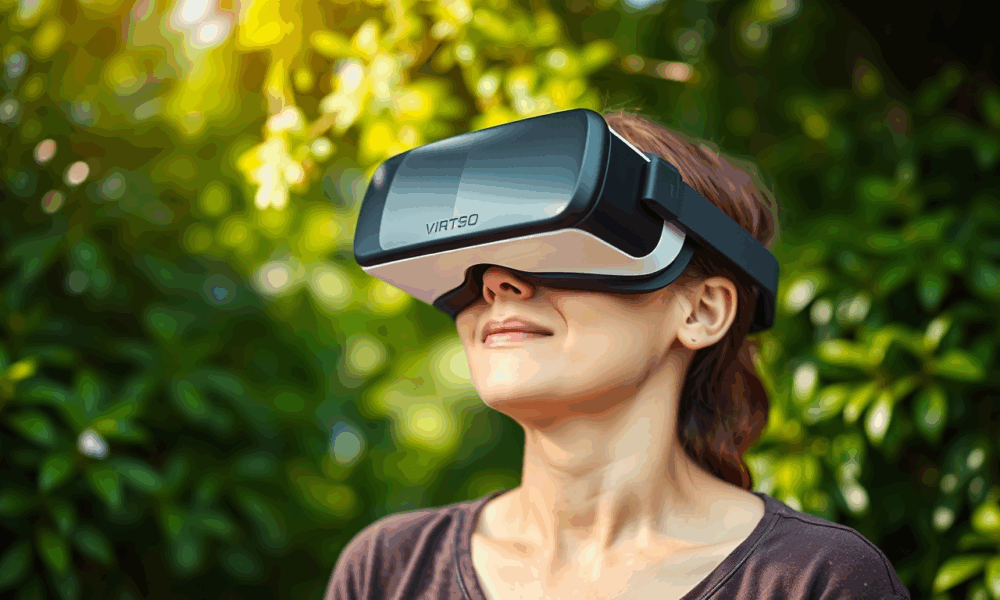
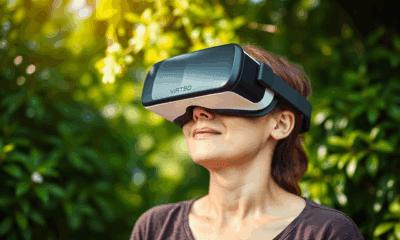

Stepping into a virtual forest or waterfall scene through VR could be the future of pain management. A new study shows that immersive virtual nature dramatically...



A breakthrough AI system is revolutionizing cancer immunotherapy by enabling scientists to design protein-based keys that train a patient s immune cells to attack cancer with...



An artificial intelligence technique for detecting DNA fragments shed by tumors and circulating in a patient's blood could help clinicians more quickly identify and determine if...



Self-driving cars which eliminate traffic jams, getting a healthcare diagnosis instantly without leaving your home, or feeling the touch of loved ones based across the continent...



A new camera setup can record three-dimensional movies with a single pixel. Moreover, the technique can obtain images outside the visible spectrum and even through tissues....
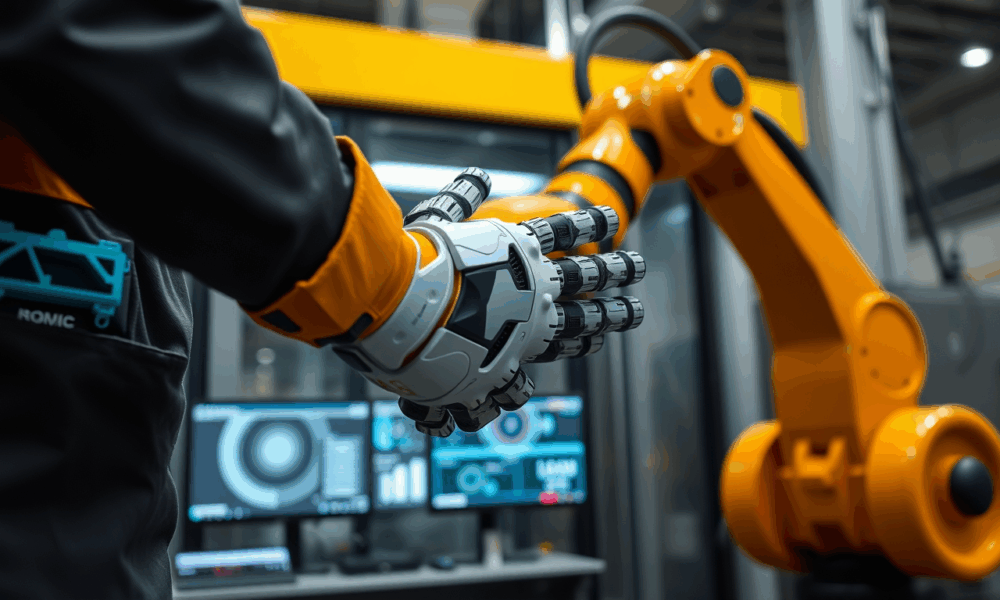
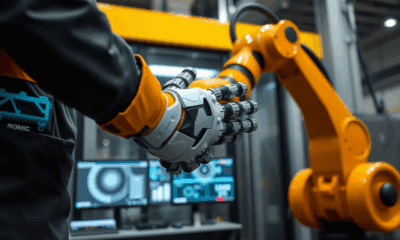

A research team has developed a novel haptic device designed to enhance both safety and efficiency for workers in industrial settings.
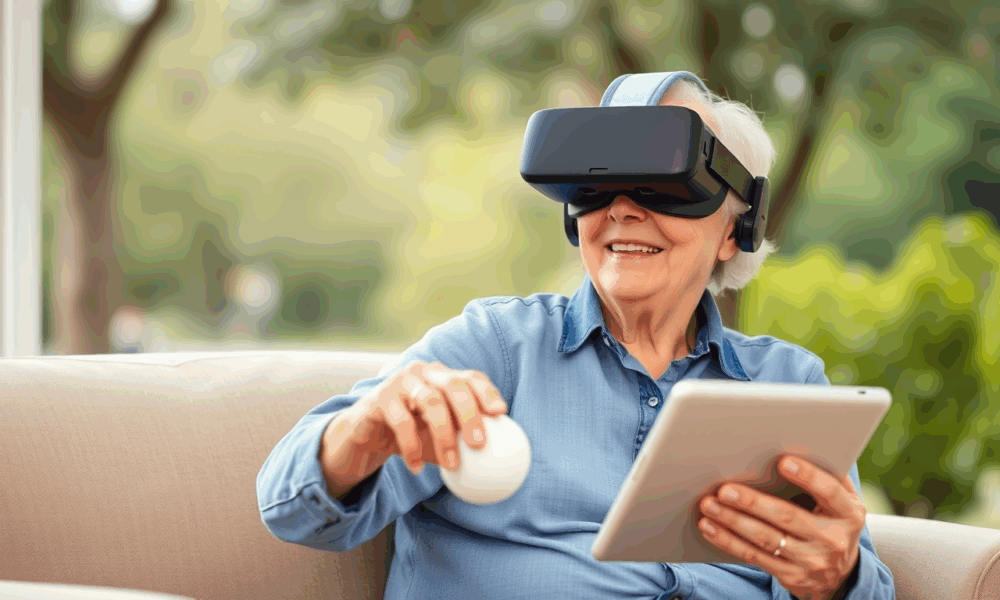
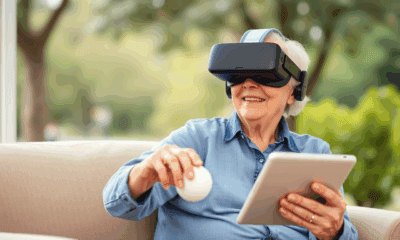

A team has developed Boccia XR, a rehabilitation program using extended reality technology that can be introduced even in environments with limited space.
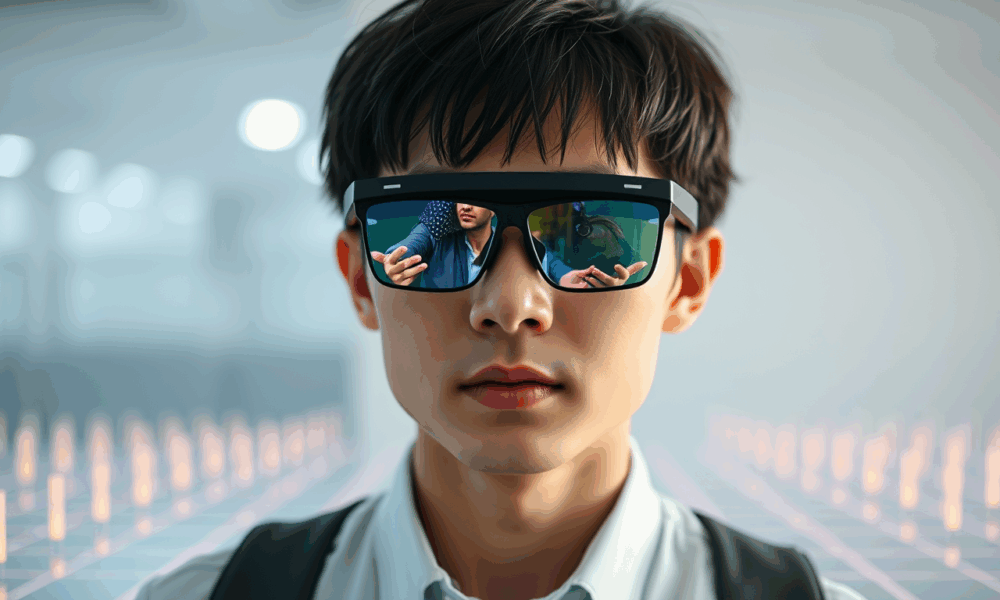
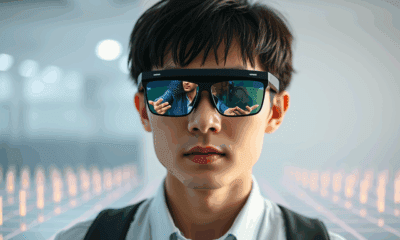

Augmented-reality (AR) technology is rapidly finding its way into everyday life, from education and healthcare to gaming and entertainment. However, the core AR device remains bulky...
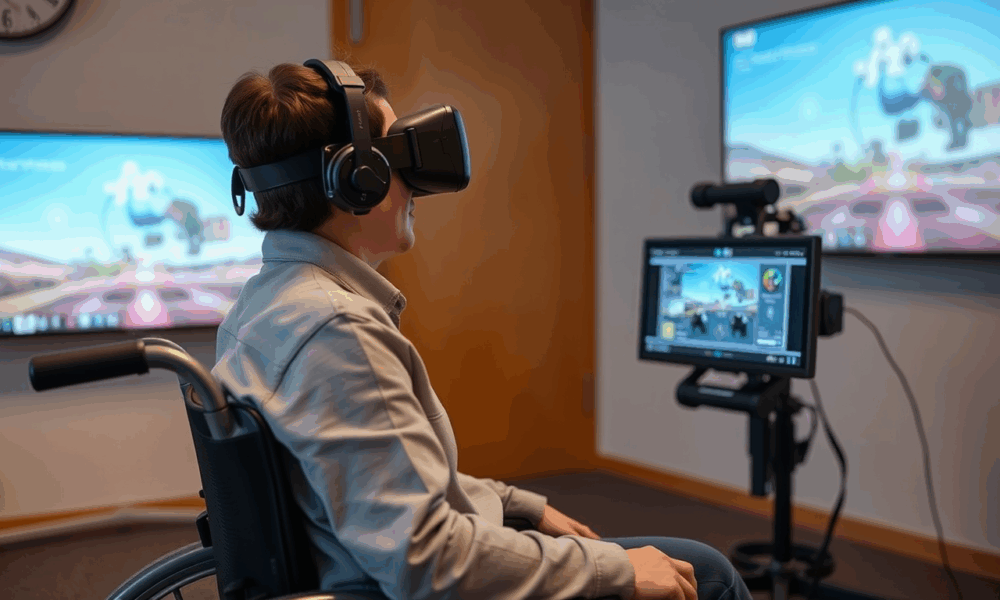
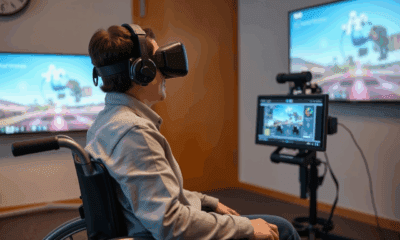

Researchers have created a method that makes virtual reality (VR) more accessible to people with mobility limitations.